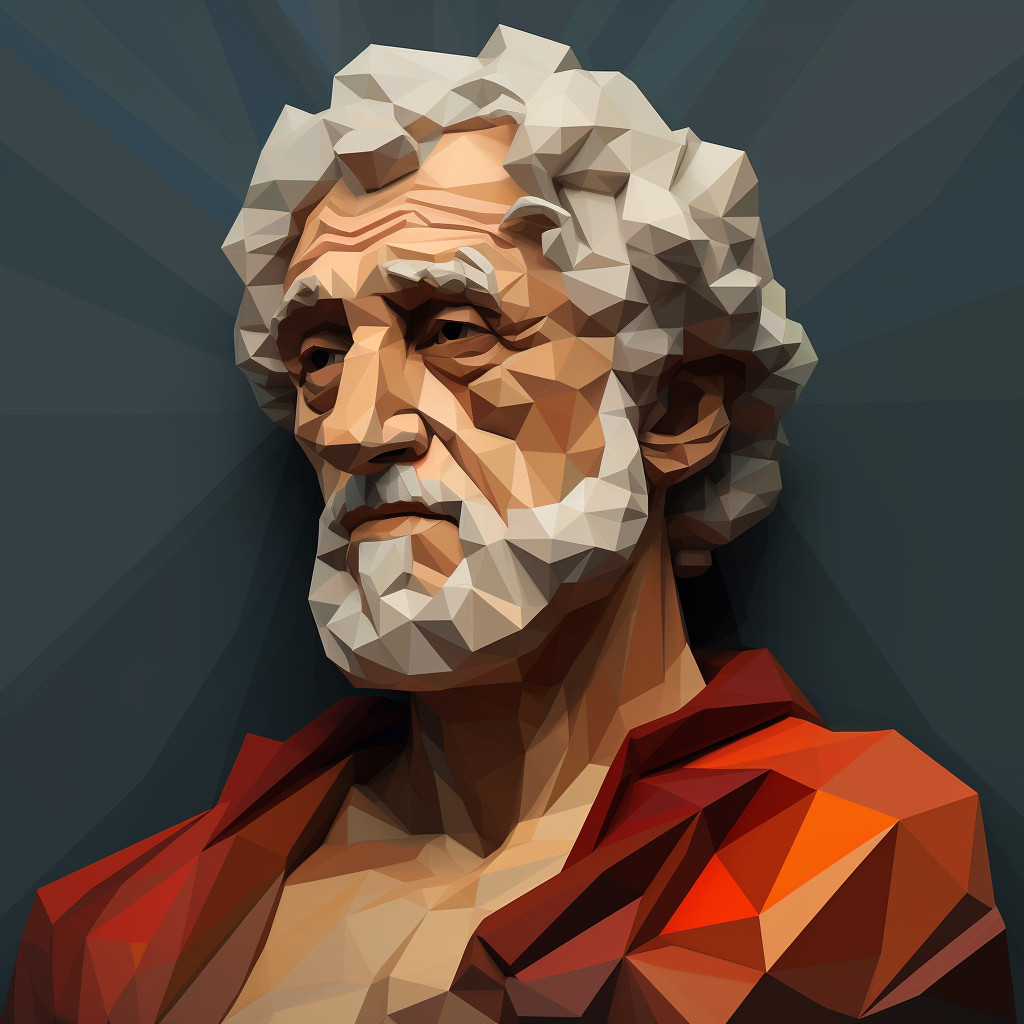This quote implies that the act of preserving one’s safety does not equate to hiding or isolating oneself from the world. It suggests that true safety comes not from avoidance, but from active engagement and understanding of our surroundings and circumstances. It is about making informed decisions, taking calculated risks, and learning from experiences, instead of living in fear or constant avoidance of potential danger.
In the context of personal development, it means that growth and safety cannot coexist in a state of isolation. To develop oneself, one must step out of their comfort zone, face challenges, and learn from both successes and failures. It’s about taking control of one’s life, making conscious choices, and not allowing fear to govern one’s decisions.
In today’s world, this idea is particularly relevant, given the global pandemic situation. Many people have chosen to isolate themselves as a safety measure. While this is necessary to a certain extent, complete isolation is not sustainable or healthy in the long term. We must adapt, learn, and find ways to engage with the world in a safe manner. This could mean learning new skills, adopting new technologies, or finding innovative ways to connect with others.
Moreover, in the digital age, where information is abundant and threats are increasingly complex, safety is no longer just about physical isolation. It’s about being informed, understanding the risks, and making smart decisions. This could apply to anything from cybersecurity to mental health.
Overall, the quote emphasizes the importance of active engagement and informed decision-making in achieving true safety, rather than passive avoidance or isolation.







